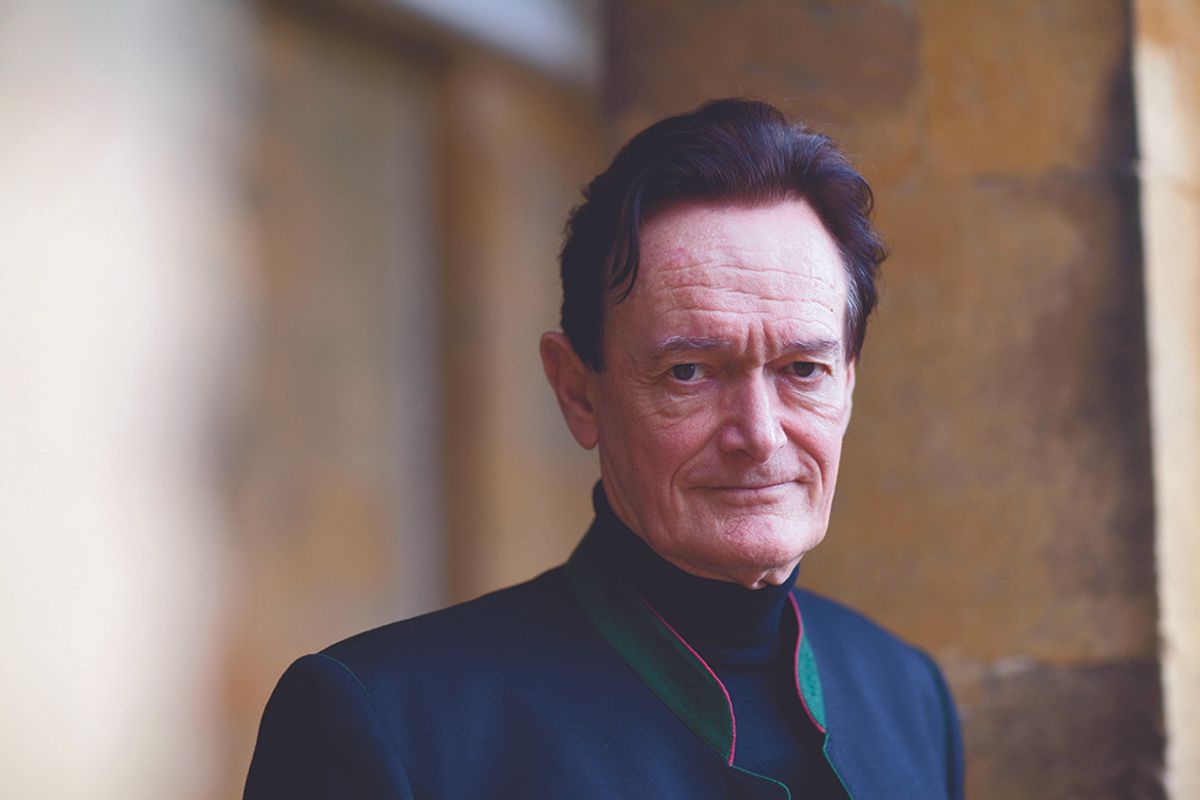Leonardo’s Salvator Mundi just can’t stay out of the news. Just when it seemed it had all gone quiet, Martin Kemp, the Oxford University-based Leonardo scholar, mentioned in a talk at the recent Cheltenham Literary Festival that, according to his “best information”, the Salvator Mundi is in Saudi Arabia and the country is building an art gallery, due to be completed in 2024. “There have been moves to get me out to look at it, but I’m slightly reluctant to go to Saudi Arabia for fairly obvious reasons,” Kemp says, referring to the country’s deeply problematic human rights record. The scholar later clarified to The Art Newspaper that he “still [had] no incontrovertible evidence about the ownership or location of the painting”.
If Saudi Arabia does plan to publicly display the world’s most expensive—and contentious—artwork, it will need reputable museum curators and art historians to give the project credibility. Those with the expertise to make it happen will make plenty of money, but what will it do to their reputations?
Saudi Arabia’s proposed 100 mile-long megacity in the Neom region promises to be a lucrative “architecturewash” for the designers and engineers involved. The city is supposedly “dedicated to the sanctity of all life on Earth”, but the Saudi authorities have sentenced to death three members of the local Huwaitat tribe for protesting against the development. Art, like sport and architecture, is being used by Saudi Arabia to project an image of a state that, according to its culture ministry, “enriches lives, celebrates national identity and builds understanding between people”, rather than one that imprisons and executes those who criticise or disagree with it.
Back in June, Iwona Blazwick, the former director of London’s Whitechapel Gallery, became chair of the Royal Commission overseeing five new permanent works for the Wadi AlFann area of Saudi Arabia. When asked to defend her new position, given the country’s abject human rights record, Blazwick said she would “rather be involved where I can help contribute to freedom of expression”, because she believes “art changes society”. But, in the case of Saudi Arabia, is it the other way round? Is a society—and its money—what changes people involved in art?
“In Britain we can hardly complain about art going where the money is,” Kemp says. “We used our imperial powers to hoover up so much of world heritage.” But how would he feel about working for a monarchy whose crown prince not only reportedly bought the Salvator Mundi for $450.3m in 2017 (or soon after), but the following year also authorised the horrific murder of Washington Post journalist Jamal Khashoggi, according to US intelligence agencies?
“Khashoggi haunts any decision I might have to make,” Kemp says.
Attempts to confirm that the Salvator Mundi will be publicly exhibited and to identify the museum in which it will be exhibited were redirected by Saudi Arabia’s ministry of culture to its official social media sites. They make no mention of the painting.


